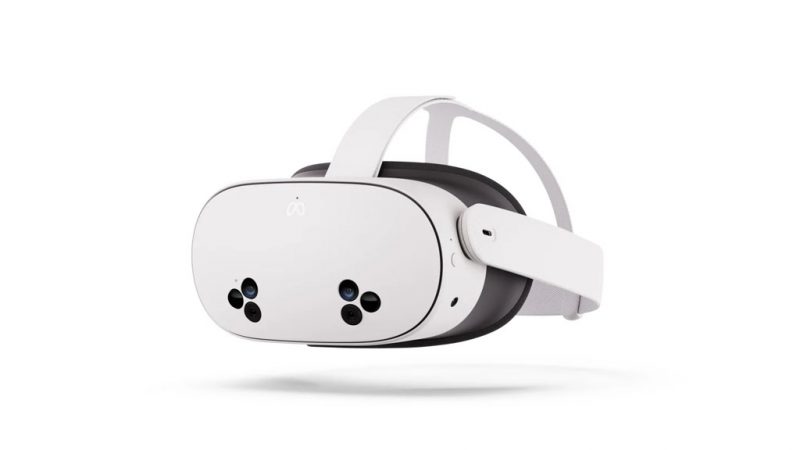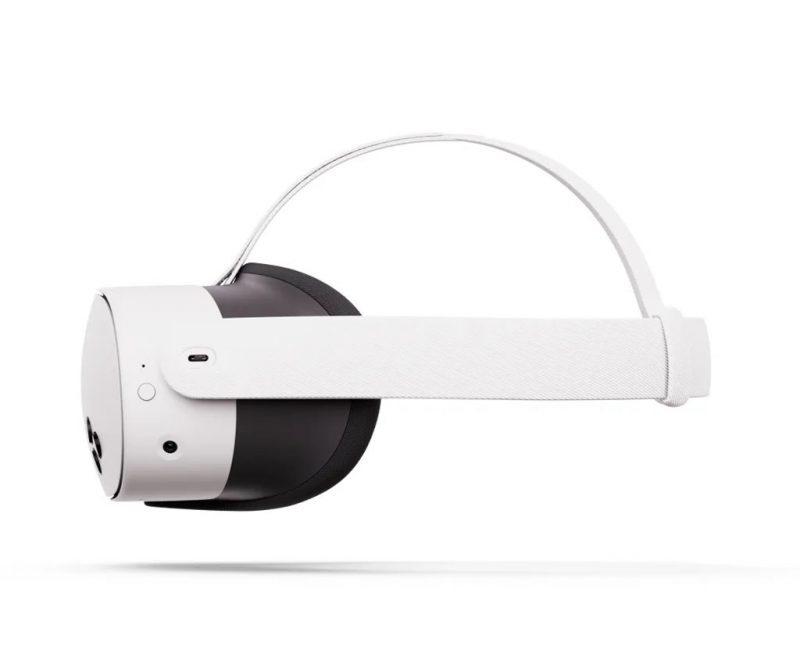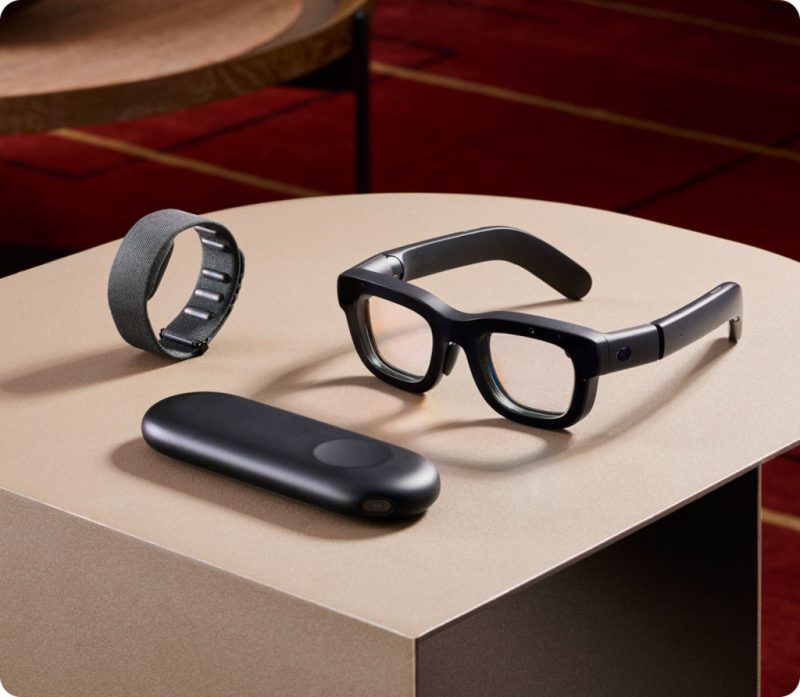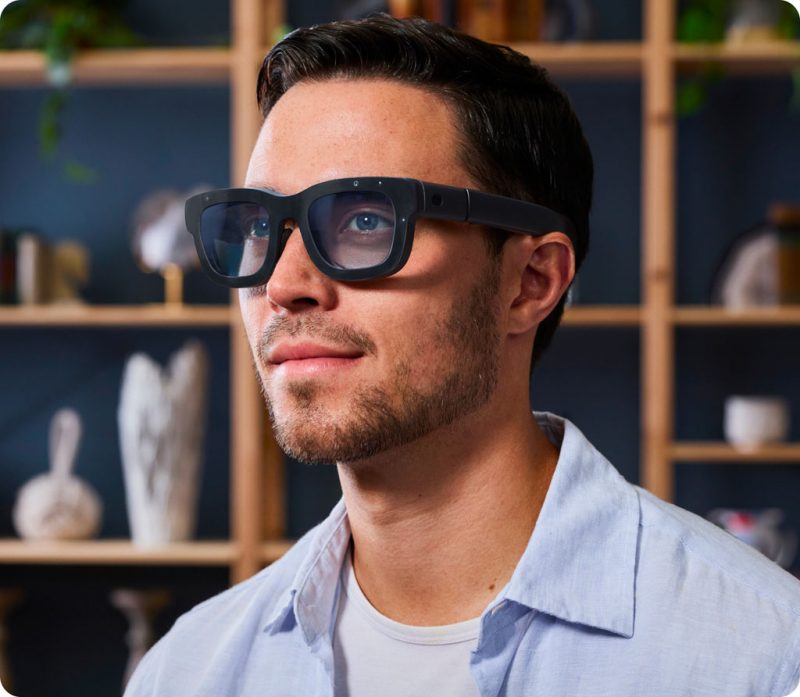
Meta Unveils Quest 3S and Orion AR Glasses Uncovering the Future of Immersive Technology
Meta continues to redefine the immersive technology space with the recent unveiling of its latest innovations—the $299 Quest 3S VR headset and the Orion AR glasses prototype. These cutting-edge products mark Meta’s ambitious journey into the virtual and augmented reality landscape, challenging high-priced competitors and setting the stage for future breakthroughs. Here’s a deep dive into what these new devices mean for VR and AR enthusiasts, along with Meta’s broader vision.

The Quest 3S Touts Affordable VR for the Masses
Meta’s Quest 3S, launched under its Reality Labs division, arrives as a more budget-friendly VR headset compared to the $499 Quest 3. Retailing at $299, the Quest 3S is positioned to attract users who want a full VR experience without breaking the bank. Available starting October 15, the device offers a range of capabilities beyond gaming, from watching movies to running fitness apps. Meta describes the headset as a “full computer,” capable of multitasking and performing various tasks through virtual screens, setting it in competition with Apple’s high-end $3,499 Vision Pro headset.
IS YOUR COMPUTER SECURE?
FREE Malware Removal
Detect & Remove Adware, Viruses, Ransomware & Other Malware Threats with SpyHunter (FREE Trial)
IS YOUR COMPUTER SECURE?
FREE Malware Removal
Detect & Remove Adware, Viruses, Ransomware & Other Malware Threats with SpyHunter (FREE Trial)
IS YOUR COMPUTER SECURE?
FREE Malware Removal
Detect & Remove Adware, Viruses, Ransomware & Other Malware Threats with SpyHunter (FREE Trial)
Passthrough Technology Blurs the Line Between VR and Reality
One of the standout features of the Quest 3S is its improved passthrough functionality. This technology allows users to interact with the real world while still immersed in virtual content, creating a more seamless experience. Meta has even added a dedicated button for passthrough mode, making it easier to switch between real-world and virtual environments. Users can multitask in the VR space, running up to six apps simultaneously, although early demos revealed some technical hiccups.

Meta’s Ambitious Plans for Augmented Reality in The Orion Prototype
In addition to VR, Meta showcased its vision for the future of augmented reality (AR) with the Orion glasses prototype. Though not yet available for consumers, these glasses represent Meta’s next leap into AR, allowing users to interact with digital elements overlaid on the real world. The Orion glasses prototype operates using neural signals, controlled by a wristband component—a glimpse into Meta’s long-term plans to integrate brain-computer interfaces with wearable tech.

The Orion prototype is Meta’s first fully functioning AR glasses, but for now, it remains in development. Meta CEO Mark Zuckerberg hinted that the company aims to bring consumer-ready AR glasses to market in the future, though no timeline was provided.

Meta vs. Apple in The Battle for the Future of VR and AR
While Meta is pushing to make VR accessible through more affordable devices like the Quest 3S, Apple’s Vision Pro headset targets the premium segment. Meta has already invested over $65 billion in its VR and AR ventures, including the acquisition of Oculus in 2014, showing a commitment to lead the race for next-gen hardware. Despite Apple’s entry into the market, Meta believes its affordable yet feature-packed devices can capture a wider audience, particularly with the added flexibility of multitasking and passthrough technology.
Ray-Ban Meta Glasses are A Step Towards Everyday AR Integration
During the same event, Meta introduced updates to its Ray-Ban Meta smart glasses, made in collaboration with EssilorLuxottica. These glasses, though lacking a display, feature built-in cameras and speakers, and can now work with Meta AI to provide translation services, scan QR codes, and even recall important information like parking locations. With over 730,000 units sold in their first three quarters, the Ray-Ban Meta glasses show that wearable technology is gaining traction as a practical tool for everyday use.
Bringing Voice to Chatbots
Finally, Meta also announced improvements to its Meta AI chatbot, which will now support voice commands. By integrating celebrity voices like John Cena and Judi Dench, Meta adds a touch of personalization to interactions with AI across its platforms. Users in the U.S., Canada, Australia, and New Zealand will soon be able to talk directly to Meta AI on platforms like WhatsApp and Instagram.
A Glimpse into Meta’s Future
Meta’s unveiling of the Quest 3S and Orion glasses paints a clear picture of the company’s strategic vision. As Zuckerberg put it, “This is where we are going.” Meta aims to make VR and AR more accessible, with the hope that one day, lightweight, transparent glasses will seamlessly integrate computer-generated graphics with the real world. While fully developed AR glasses may still be years away, Meta’s continuous innovation is pushing the boundaries of what’s possible in immersive technology.
With the Quest 3S, Meta presents a compelling, affordable option for consumers eager to explore virtual reality. Meanwhile, the Orion AR glasses prototype signals an exciting glimpse into the future of augmented reality, a space Meta is committed to leading. The road to widespread adoption of these technologies may be long, but Meta’s vision is clear, and its determination to shape the future of human-computer interaction is unwavering.
As Meta continues to roll out new products and features, it’s evident that the company is playing the long game—one that could change the way we live, work, and play in both virtual and augmented worlds.